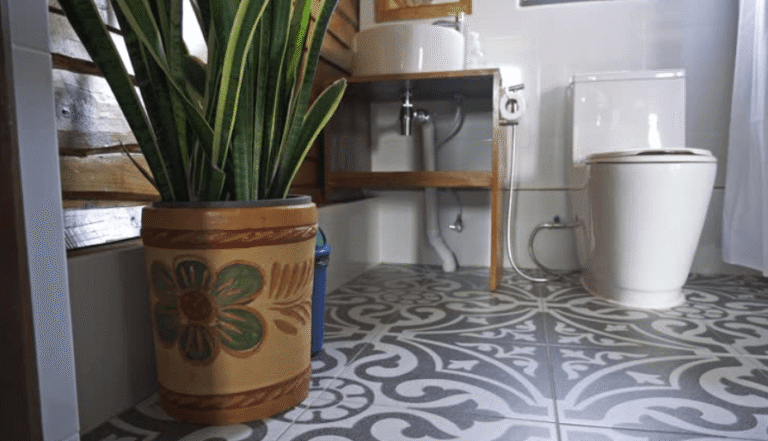How AC Installation Affects Indoor Air Quality and Health
Air conditioning plays a vital role in regulating indoor temperature, but its impact extends far beyond just comfort. The way your AC system is installed directly influences air circulation, humidity levels, and the presence of airborne pollutants, all of which affect your health. Working with a certified professional who serves AC installation in Port Charlotte ensures not only energy efficiency but also improved indoor air quality throughout your home. When done correctly, AC installation contributes to a healthier living environment by promoting clean, balanced air distribution.
The Role of Proper AC Installation in Air Quality
A professionally installed AC system helps maintain stable indoor air conditions by managing airflow and humidity. Incorrect installation can lead to poor ventilation, condensation buildup, and uneven cooling, all of which contribute to dust, mold, and other airborne irritants. Professionals ensure ducts are sealed, vents are strategically placed, and airflow is balanced for optimal performance. These installation practices support the importance of indoor air quality and how to improve it, ensuring cleaner breathing air for every room.
See also: Why I Can’t Stop Living in the Essentials Hoodie and Essentials Tracksuit
Common Health Concerns Linked to Poor Installation
Improper AC setup can lead to more than just mechanical issues; it can directly impact your health. When air is not filtered or circulated correctly, pollutants like pollen, pet dander, and VOCs (volatile organic compounds) accumulate indoors. This can trigger allergies, worsen respiratory conditions, and reduce sleep quality. Additionally, poorly installed systems may allow moisture to linger, leading to mold growth, a common cause of chronic sinus problems and asthma flare-ups. Routine checks and proper installation techniques help prevent these outcomes, promoting a safer, more comfortable indoor environment.
Supporting Long-Term Wellness Through Air Management
Good air quality doesn’t just affect how your home feels; it affects how you feel in it. Professionals install systems that help regulate temperature and humidity, reduce dust buildup, and manage indoor contaminants effectively. Many experts agree that indoor air quality impacts your health and well-being, from cognitive clarity and sleep cycles to immune system response. Installing the right filters, incorporating ventilation solutions, and maintaining optimal humidity levels all begin with proper AC planning and setup.
Importance of Filter Selection and Placement
The type of filter used and its location within your system greatly influence air purity. High-efficiency filters capture smaller particles, while strategic placement ensures maximum airflow and reduced recirculation of stale air. Installers also consider return vent positioning and the layout of your duct system to ensure even, clean airflow. These small adjustments create a more breathable, balanced environment that supports respiratory health.
Seasonal Considerations and Ongoing Maintenance
Proper installation sets the foundation, but consistent maintenance is also essential. Seasonal tune-ups ensure filters remain clean, ducts are unobstructed, and condensation is properly drained. This helps avoid the buildup of bacteria or allergens in your system, especially during times when windows remain closed for extended periods. A well-installed and maintained AC system continues to support indoor air quality year-round.
Conclusion
Air conditioning installation isn’t just about cooling; it’s about creating a healthier living space. From reducing airborne pollutants to balancing humidity and airflow, professional installation plays a critical role in supporting your health and indoor air quality. Trusting certified experts ensures your AC system enhances comfort while helping you and your family breathe easier.






